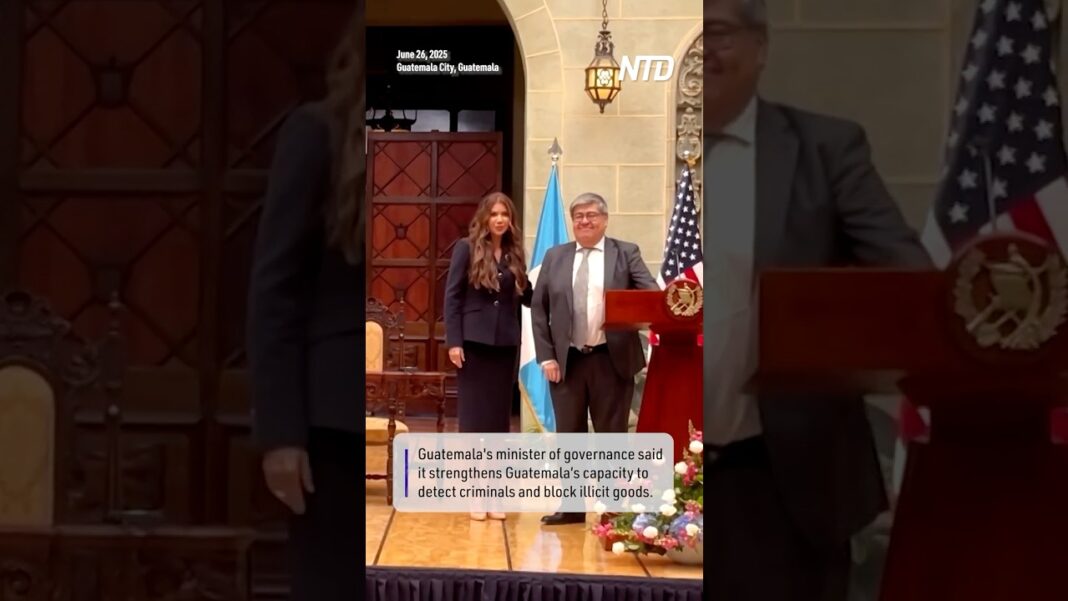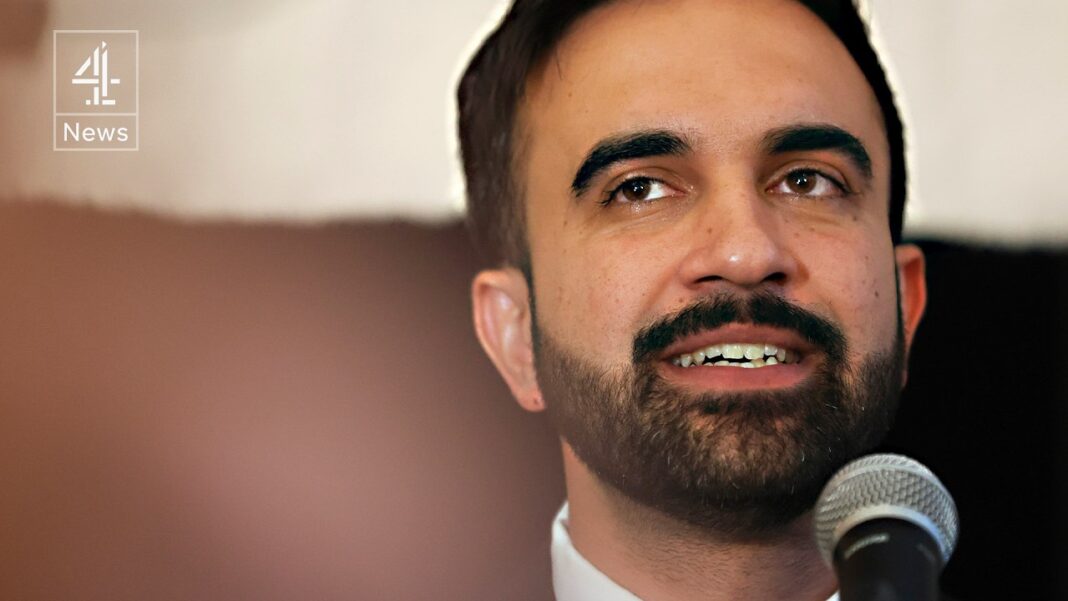The bill would halt tax on most tips till 2028.
Tax cut provisions in the Republican-backed One Big Beautiful Bill (OBBB) would mean a reduction in taxes for workers who earn their income through tips.
The House-passed version of the legislation from the OBBB eliminates federal income taxes on tips for those working jobs that traditionally survive on tips, as long as they’re making less than $160,000 in 2025.
This was tweaked by the Senate Finance Committee, which passed a modified version on June 23, capping tip income deductions at $25,000 and phasing them out for workers with an income of more than $150,000.
In both versions of the bill, the measure would apply through 2028, and the final draft from the Senate specified that this applies not just to cash tips but also those charged to credit cards, or any from employee tip-sharing arrangements.
Previous Attempts
Some details of the OBBB’s tip taxing policy are yet to be hashed out, but it will likely share some of the traits from the Senate-passed standalone No Tax on Tips Act legislation.
That bill was introduced with bipartisan support in the Senate on Jan. 16 and passed on May 20.
The bill was introduced by several lawmakers, including two of Nevada’s Democrat senators, Jacky Rosen and Catherine Cortez Masto.
Sen. Ted Cruz (R-Texas), who authored the bill, said it would “Fulfill President [Donald] Trump’s promise to end the wrongful practice of taxing voluntary tips.”
The lawmaker went on to speak about how he believes the bill serves his constituents, saying: “I’ve long believed the GOP should be the party of bartenders, of waiters and waitresses, and this bill is an important step to ensure we are addressing the economic needs of working Americans.
“This pro-worker bill will deliver relief to families facing rising costs caused by the Biden administration’s inflationary policies.”
As it stands now, any employee who garners tips exceeding $20 in a month has to report that to their employer, in order for the employer to report the amount and withhold payroll taxes.
Under the Senate’s standalone legislation, new tipped workers who earn in the bottom 60 percent of income are likely to receive an average tax cut of $1,260 once tips are excluded from being taxed, according to the nonpartisan Peter G. Peterson Foundation.
The organization said that the estimated federal revenue drop due to the lack of tax on tips would likely drop by about $110 billion over 10 years, if the measure continues.
While the new law wouldn’t have applied to any employee making more than $160,000 in 2025, the bill allows for that figure to be adjusted annually to compensate for inflation.







